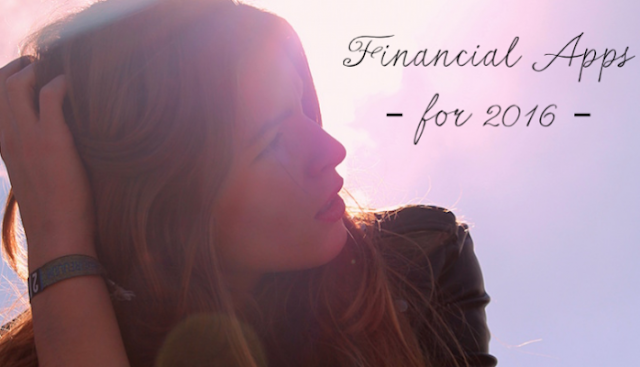If you’ve been searching for ways to simplify your budget, your phone or tablet can be one of the best tools available. There are tons of options for apps in the personal finance category, so next time you’re checking out the app store, be sure to look these up. Here are five of the best financial apps to keep your budget in check:
1. BUDGT – If you’re looking for an app that does basic budgeting beautifully, this is the one to go with. In BUDGT, you put in your monthly income and what you need to allocate to different categories, and it gives you visual representations of your transactions. It’s also freelancer and contractor friendly, so it’s easy to update an income that changes. You’re also able to create custom categories and alarms to remind you to pay your bills. Keep in mind that you need to manually log your expenses with this app, but for someone new to budgeting, that can be a great skill to build awareness.
2. Level Money – This is an ideal app for someone who wants precise budget tracking that is updated in real time. You connect the app to your bank account, and from there it gives you a host of personalized financial information. It calculates what you make each month, what your recurring bills are, and how much you can spend over a given time period. Level Money also figures an amount you should save each month, and gives you the option to set up an auto-save amount.
3. Acorns – If you’re wary to start investing, Acorn will help you get started little by little. This app does the investing for you with your spare change. You connect your checking and credit card accounts to it, and Acorn takes whatever is left from the nearest whole dollar to invest. For example, if you spend $3.50 on ice cream, Acorn will invest the remaining $0.50 without you having to do anything. You are free to invest only your rounded up change, or you can add lump sums as you go. Your spare change will be invested in low-cost exchange-traded funds. You shouldn’t necessarily build your entirely portfolio around this kind of investing, but if you’re brand new to the investing world, this can help you learn about the process at a smaller scale.
4. Wally – Wally is a fantastic app if you’re looking to really track your expenses. It gives you an at-a-glance picture of your spending, savings and goals. You can view your expenses based on date, category or location, and you can even scan your receipts to save spending data. If your budgeting pitfall is wondering where all your money goes, Wally is a great way to start tracking that data.
5. Mint – Chances are you’ve heard of Mint by now. It’s definitely one of the most used personal finance apps out there, and it gives you an overall picture of your financial health. It tracks information from your bank accounts, loans, 401k, credit cards and more. It tracks spending automatically and lets you know when you’re about to hit budget limit, so if you are someone who forgets to update your budget, Mint does the work for you. All of your data is shown in user-friendly graphs and charts, which is another feature that makes it so popular.
You know where your financial strengths and weaknesses lie. If your budget runs smoothly on the envelope system, then by all means, keep it up. But if you’re still struggling to track and assess your finances, there’s an app to help you get up to speed.




Post A Comment:
0 comments: